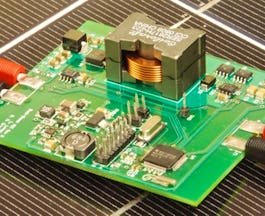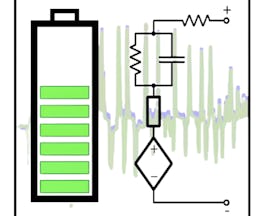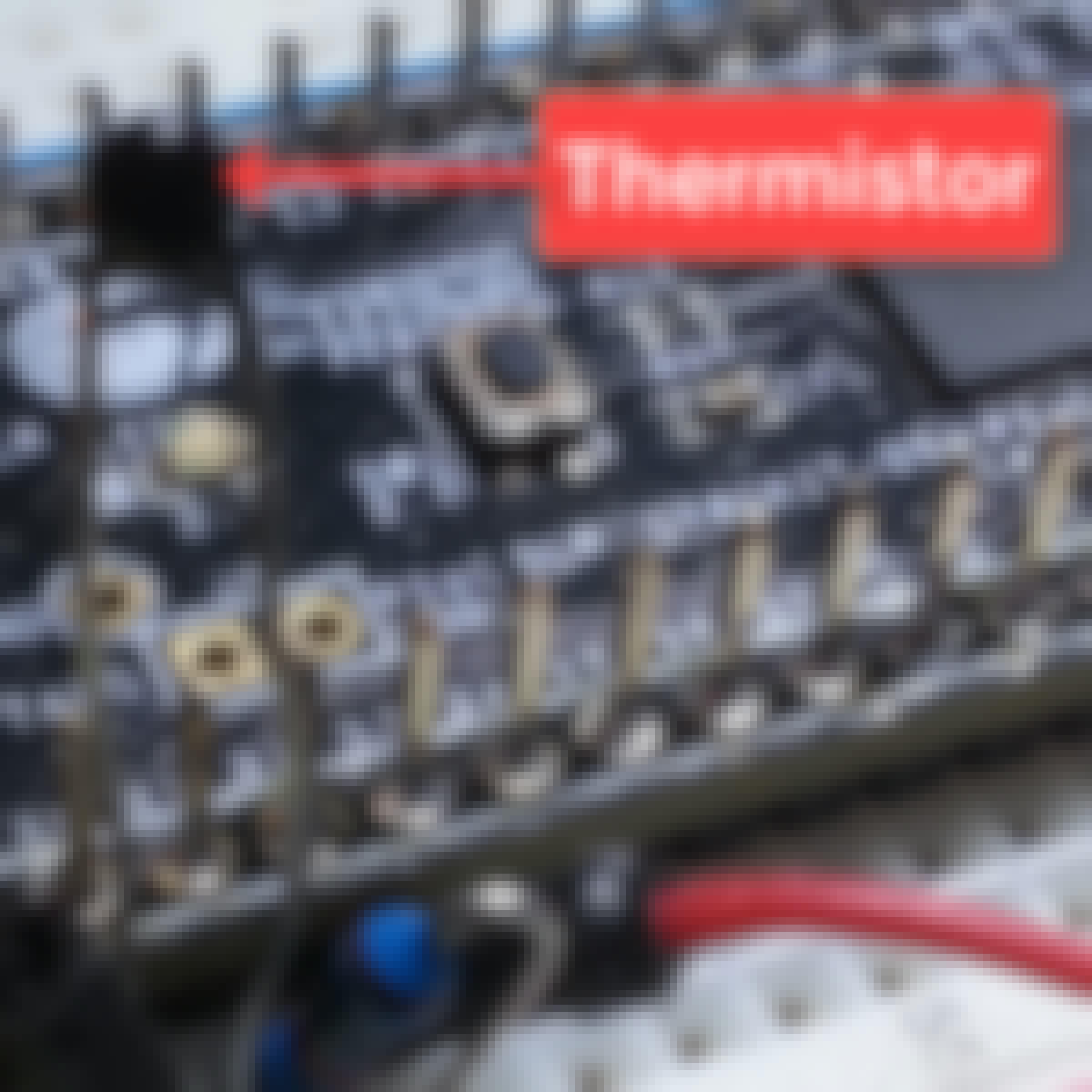Filter by
The language used throughout the course, in both instruction and assessments.
Explore the Circuit Analysis Course Catalog

Georgia Institute of Technology
Skills you'll gain: Problem Solving
 Status: Free
Status: FreeGeorgia Institute of Technology

Georgia Institute of Technology

University of Colorado Boulder
 Status: Free
Status: FreePrinceton University
Skills you'll gain: Mathematics, Algorithms, Mathematical Theory & Analysis, Theoretical Computer Science, Combinatorics

University of Colorado Boulder
Skills you'll gain: Research and Design, Mathematical Theory & Analysis, Algorithms, Computer Programming, Critical Thinking, Estimation, Computer Programming Tools, Leadership and Management
 Status: Free
Status: FreeThe University of Sydney
Skills you'll gain: Algebra, Calculus, Mathematical Theory & Analysis, Mathematics, Problem Solving, Computational Logic, Critical Thinking, Differential Equations, Plot (Graphics), Linear Algebra
 Status: Free
Status: FreeStanford University
Skills you'll gain: Leadership and Management, Organizational Development, Strategy, Strategy and Operations, Decision Making, Business Psychology, Change Management, Culture, Business Process Management, People Analysis

University of Colorado Boulder

Skills you'll gain: Computer Programming, Data Analysis, Data Visualization, Exploratory Data Analysis, General Statistics, Machine Learning, Machine Learning Algorithms, Plot (Graphics), Probability & Statistics, Python Programming, Regression

Skills you'll gain: Microsoft Excel, Spreadsheet Software, Data Analysis, Data Science
 Status: Free
Status: FreePrinceton University
Skills you'll gain: Algorithms, Computer Programming, Data Structures, Java Programming, Problem Solving, Programming Principles, Theoretical Computer Science, Computational Thinking, Critical Thinking
Searches related to circuit analysis
In summary, here are 10 of our most popular circuit analysis courses
- Introduction to Electronics: Georgia Institute of Technology
- Linear Circuits 2: AC Analysis : Georgia Institute of Technology
- Linear Circuits 1: DC Analysis: Georgia Institute of Technology
- Introduction to Power Electronics: University of Colorado Boulder
- Analysis of Algorithms: Princeton University
- Equivalent Circuit Cell Model Simulation: University of Colorado Boulder
- Introduction to Calculus: The University of Sydney
- Organizational Analysis : Stanford University
- Sensors and Sensor Circuit Design: University of Colorado Boulder
- Data Analysis with Python: IBM










